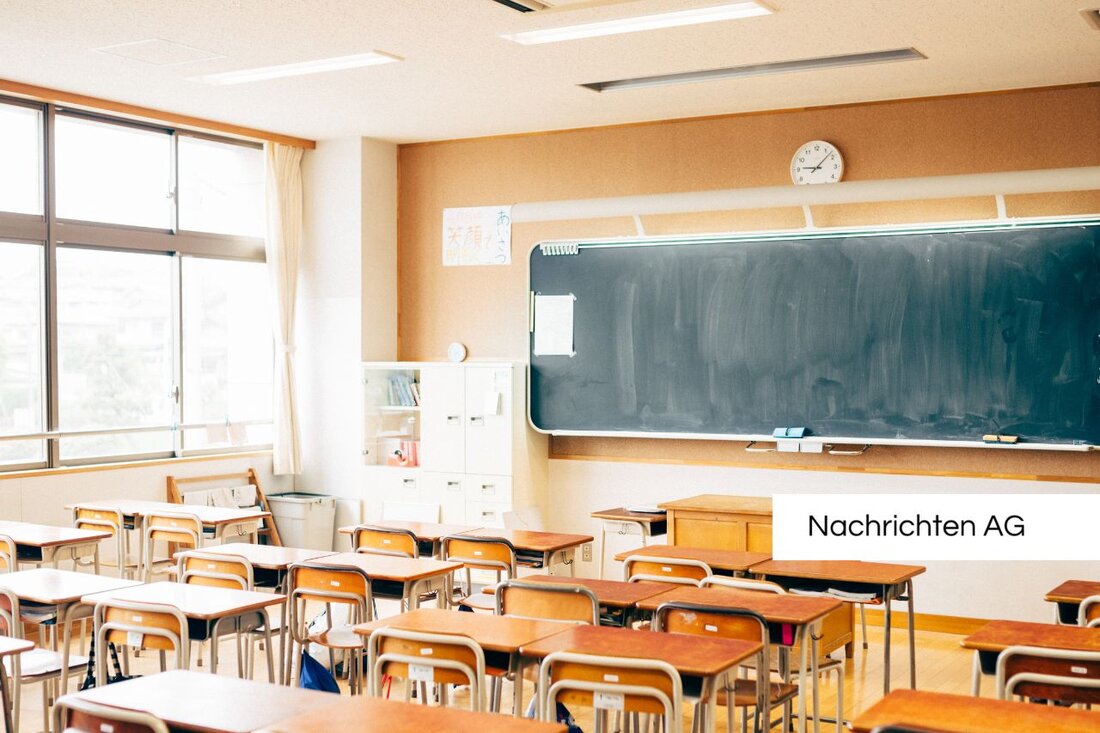20 years of children's university: A successful model for Potsdam's future!
The Children's University of Potsdam will celebrate its 20th anniversary in 2025 with an exciting program for primary school children.

20 years of children's university: A successful model for Potsdam's future!
On September 30, 2004, the University of Potsdam opened the doors of its children's university for primary school children for the first time. Since then, this concept has developed into a significant educational initiative that is celebrating its 20th anniversary this year. The aim of the children's university is to create an inclusive educational offering that appeals to children from different social backgrounds and offers them the opportunity to immerse themselves in the world of knowledge. 2,300 children took part in the first year and the lectures were quickly booked out. Today, an average of around 2,100 students attend the Children's University events every year. In September 2025, a new record of 2,900 children is expected for a total of 22 lectures uni-potsdam.de reported.
The lectures, which are usually held by experienced lecturers, are designed to offer children exciting and clear insights into various topics. Steffen Ramm's lectures on record holders and carnivorous plants are particularly popular, where the visual material combined with captivating stories from the rainforest pique the children's interest. The contact between the lecturers and the children is also reflected in the many letters that the children write to the lecturers after the events. These letters prove that experiences at the children's university often leave a lasting impression.
Digital technologies in education
In the last few decades, the image of education has changed fundamentally, particularly due to the rapid development of digital technologies. The use of digital tools is considered necessary by many educational institutions, but it turns out that these often involve additional work for teachers. The bpb.de highlights that artificial intelligence (AI) has the potential to spark a revolution in education by individualizing and adapting teaching to students' needs. At the same time, however, there are challenges that concern, for example, the neutrality and reliability of the information.
The UNESCO World Education Report 2023 also addresses the use of technology in education and calls for binding rules for its development and use. It is emphasized that digital technologies should not replace human interaction but must complement it. The report highlights that many educational technologies offer under-explored potential to improve learning in specific contexts, while other digital media are purchased to bridge bottlenecks without taking long-term costs into account. Questions about equal opportunities and access to technologies are also crucial here.
The role of the children's university for young talents
The University of Potsdam has made a significant contribution to promoting young talent not only through its Children's University, but also through innovative programs such as "Children's University on the Go", which enable speakers to come directly to schools and after-school care centers. The workshop formats and digital lectures recorded during the 2020 and 2021 pandemic have expanded the learning offering and show the potential of digital transformation in education.
The most popular offerings include chemical experiments that have been carried out by Hans-Jürgen Holdt since 2005 and the methods of Dr. Martin H. Trauth, who convey complex topics such as climate change in a clear way. These diverse approaches and the commitment of the lecturers help not only to impart knowledge to the children, but also to promote their curiosity and desire for research.
For the 20th anniversary of the children's university, an extensive program with numerous events and supporting program items is being put together to further promote interest in science and research.
Given the current challenges in the education system, it is essential that educational institutions like the University of Potsdam continue to find innovative ways to responsibly integrate digital technologies into teaching while not losing sight of human interaction.

 Suche
Suche
 Mein Konto
Mein Konto